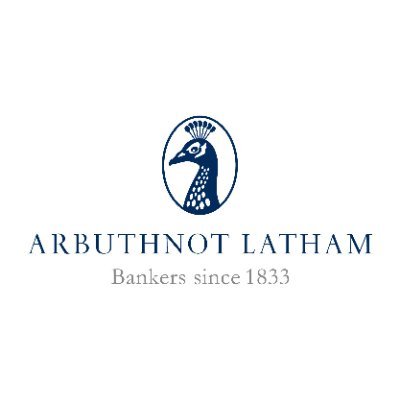Birmingham stands at a pivotal juncture in its urban development journey. While the city boasts immense potential for growth, the mechanisms governing its expansion, particularly Section 106 agreements, have come under scrutiny. These agreements, designed to ensure that new developments contribute positively to local communities, are now being debated for their effectiveness and impact on the city’s progression.
Section 106 agreements, integral to the UK’s planning system, are intended to mitigate the impact of new developments by requiring contributions towards local infrastructure, affordable housing, and community facilities. In theory, they serve as a bridge between developers and community needs. However, in practice, especially within Birmingham, these agreements have become a source of contention.
A recent roundtable discussion, hosted by Arbuthnot Latham in collaboration with Colliers International, brought together key stakeholders from the property sector to delve into the challenges posed by Section 106. The consensus was clear: while the objectives of these agreements are commendable, their execution often hampers development.
One of the primary concerns highlighted was the inconsistency in the application of Section 106 across different local authorities within Birmingham. Developers recounted experiences where requirements varied not only between councils but also between individual projects within the same jurisdiction. Such unpredictability complicates financial planning, increases risk, and can deter potential investors.
Moreover, the negotiation process for these agreements often lacks transparency. Developers have faced situations where terms are renegotiated late in the planning process, leading to unforeseen costs and delays. This fluidity, while allowing for adaptability, introduces a level of uncertainty that can be detrimental to project viability.
The roundtable also shed light on the broader implications of these challenges. Delays and increased costs associated with Section 106 negotiations can slow down the delivery of much-needed housing and commercial spaces. In a city like Birmingham, where urban regeneration is a priority, such hindrances can have long-term economic repercussions.
To address these issues, participants advocated for a more standardised and transparent approach to Section 106 agreements. Recommendations included the establishment of clear guidelines at the outset of the planning process, consistent application across local authorities, and open communication channels between developers and councils. Such measures would not only streamline the development process but also foster a more collaborative environment conducive to sustainable urban growth.
While Section 106 agreements are rooted in the noble aim of ensuring that development benefits local communities, their current implementation in Birmingham presents challenges that cannot be overlooked. By addressing inconsistencies and enhancing transparency, the city can unlock its full potential, attracting investment and fostering growth that aligns with the needs of its residents.
Arbuthnot Banking Group PLC (LON:ARBB), trading as Arbuthnot Latham, provides private and commercial banking products and services in the United Kingdom. Founded in 1833, Arbuthnot Banking is based in London, United Kingdom.






































